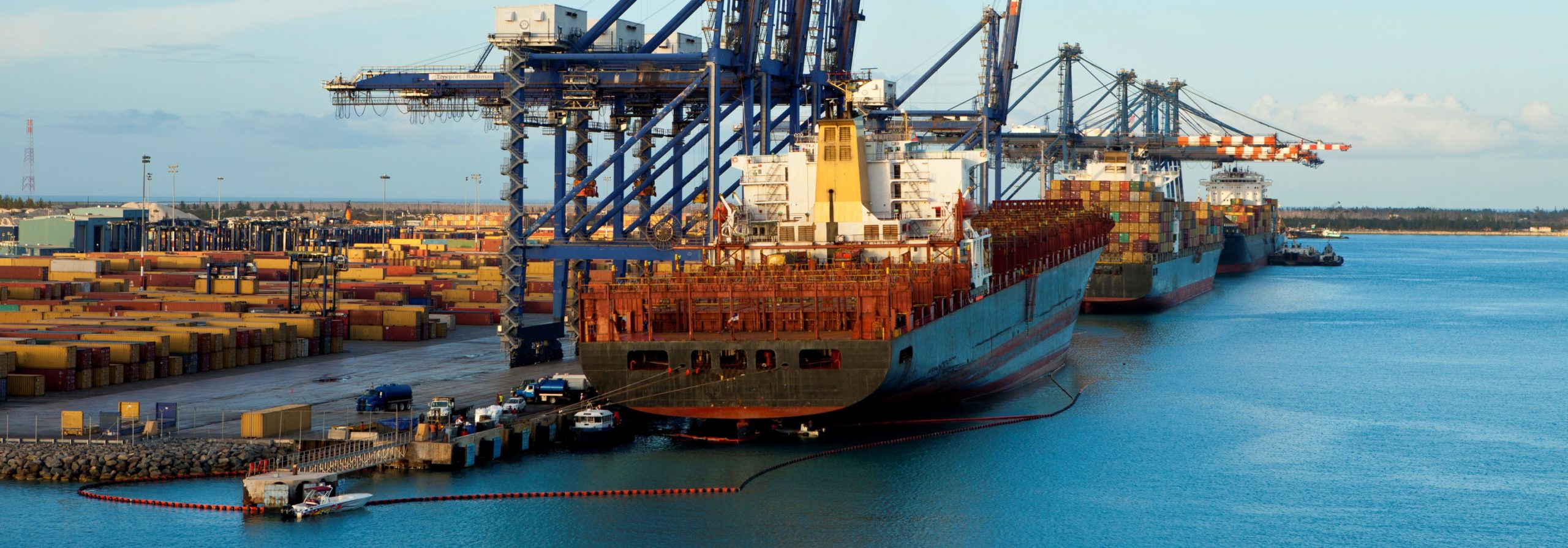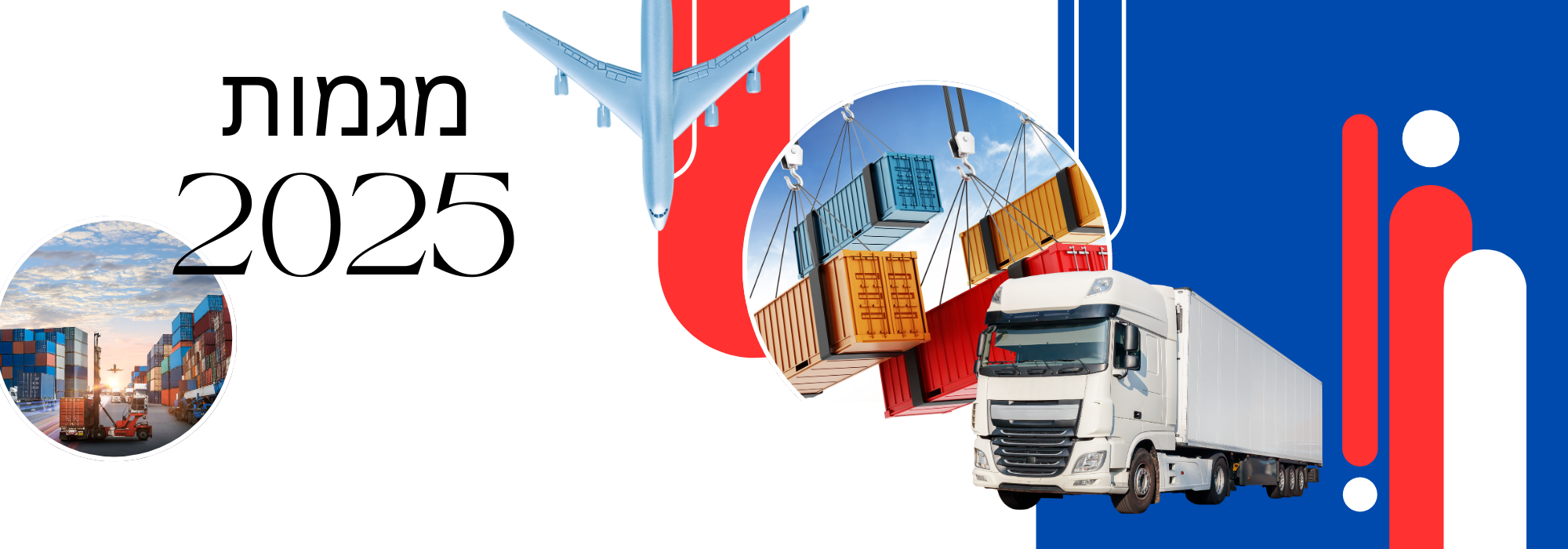
Services trade liberalised in 2021
OECD Services Trade Restrictiveness Index (STRI): Policy trends up to 2022 shows that liberalisation outpaced new restrictions during the past year, as the erection of new barriers to services trade slowed across almost all major sectors covered.
The average cumulative increase in barriers across sectors covered by the Index (STRI) was six times lower in 2021 than in 2020, indicating a significant decrease both in the volume and effect of new trade restrictions.
Most trade liberalisation was identified in air transport services, commercial banking and computer services. Easing of regulations particularly affected services supplied through commercial presence in other markets, and through the temporary movement of people.
The annual report, which covers services trade regulations in 50 countries and 22 services sectors, representing more than 80% of global services exports, identifies top performers in terms of regulatory best practices and liberalisation, including the Czech Republic, Japan and Chile.
It also points out new measures that have created impediments to services trade, notably tighter conditions on the screening of foreign investment, which was already on the rise in 2020, and continued in 2021. Other regulatory changes were implemented in response to the COVID-19 pandemic, as governments implemented measures to protect public health and to mitigate the economic consequences. However, most COVID-19 policy measures have marginal bearing on the STRI database, as these are largely temporary or targetting support measures in sectors not covered by the STRI, such as health, protective equipment or essential goods.
The OECD points out that ambitious efforts to ease services trade barriers could yield substantial benefits in reducing trade costs for firms that provide services across borders, especially if the trends identified in 2021 continue in the years to come. On average across sectors, services trade costs could decline by 6% to 16% in the medium term if countries could close half of the regulatory gaps with best performers. An ambitious services trade agenda, including new services market access commitments in comprehensive trade and investment agreements, can drive such gains, the report said.
The trend towards market openness for services trade identified in the OECD’s annual monitoring exercise accompanies the landmark adoption of the WTO Reference Paper on Services Domestic Regulation at the end of 2021, demonstrating collective will to liberalise services trade. OECD analysis demonstrates that full implementation of the new WTO disciplines can unlock annual services trade cost savings in the range of USD 150 billion, with substantial benefits in financial services, business services, communications and transport services.
Open markets for services trade boost supply chain resilience, while lower services trade costs will facilitate recovery from the shock of the COVID-19 pandemic on exporters. Multilateral trade rules and open commitments on services can lock in these benefits and provide certainty to firms seeking to access foreign markets.
More related articles...


אתגרי היבוא לישראל: רגולציה, מכסים ותחרות בשוק המקומי
מבוא: יבוא של סחורות לישראל מהווה מרכיב חשוב בכלכלה המקומית וממלא תפקיד משמעותי באספקת מוצרים מגוונים לצרכן הישראלי. למרות שהתחום מספק הזדמנויות רבות לפיתוח עסקי,


סחר חופשי? לא תמיד – הסכמי סחר ואיך הם באמת עובדים
בעולם גלובלי ומחובר, סחר בין מדינות אינו מתרחש בחלל ריק. מאחורי כל מוצר שמיובא או מיוצא עומדים כללים, הסכמים ותקנות שמכתיבים כיצד הוא יעבור בין


יבוא ויצוא מאירופה – מדריך מקיף לשנת 2025
מבוא היבוא והיצוא מאירופה תופסים מקום מרכזי בסחר העולמי ומציעים מגוון הזדמנויות עסקיות לחברות ברחבי העולם. עבור מדינת ישראל, השוק האירופי הוא יעד מסחרי אסטרטגי
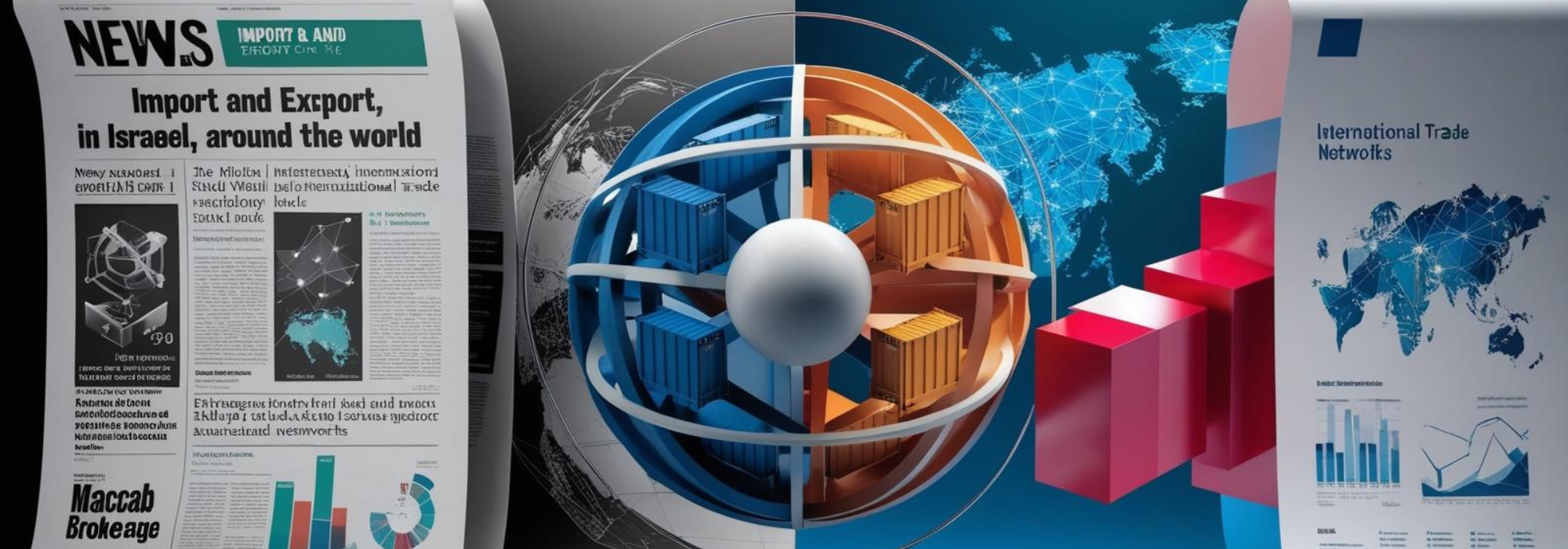

סקירה מקיפה של תחום היבוא, היצוא ועמילות המכס בישראל ובעולם
תוכן עניינים מבוא המסחר הבינלאומי עבר בשנים האחרונות שינויים משמעותיים מבחינת תקנות, טכנולוגיה, רגולציה סביבתית ומגמות גיאופוליטיות. ענפי היבוא, היצוא ועמילות המכס, שבעבר היו נראים
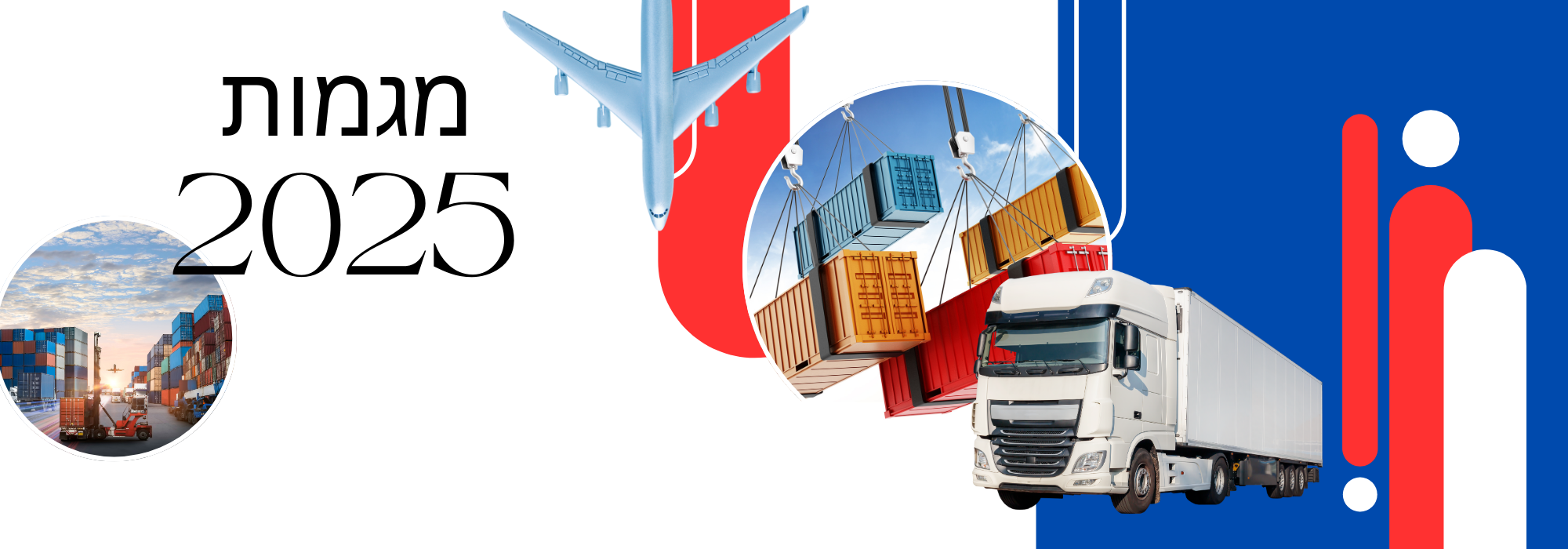

מגמות חדשות ביבוא, יצוא, עמילות מכס 2025
להלן סקירה עדכנית של המגמות והחדשות המשפיעות על תחומי היבוא, היצוא, עמילות מכס, ושילוח בינלאומי, עם מבט לעבר 2025: 1. שילוח בינלאומי: טכנולוגיה ובריאות סביבה
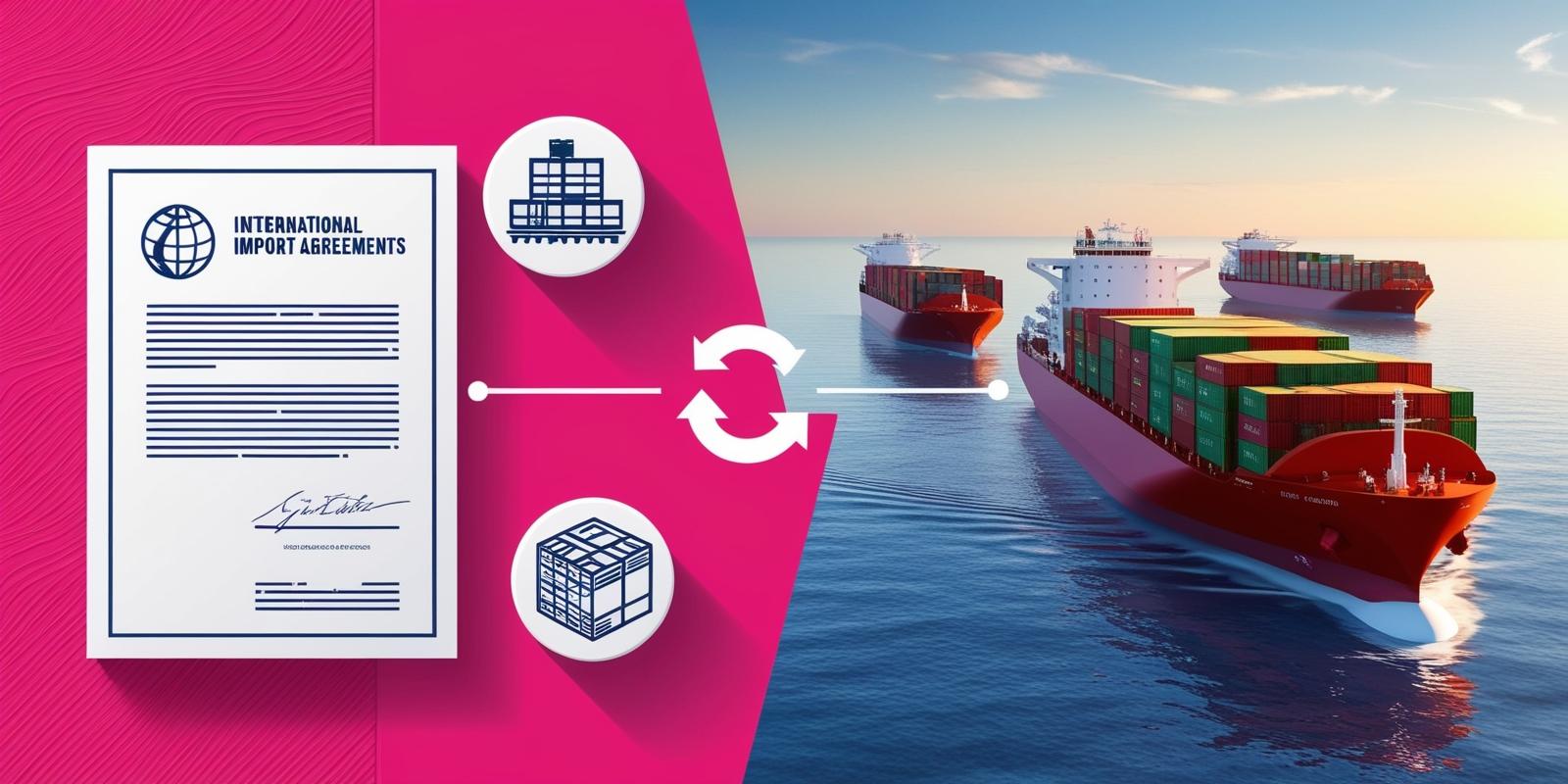

משרד הכלכלה מיישם את מדיניות היבוא החדשה, שנקבעה בהחלטת הממשלה 2318
משרד הכלכלה מיישם את מדיניות היבוא החדשה, שנקבעה בהחלטת הממשלה 2318, באמצעות הממונה על חוקיות היבוא במשרד. מנתוני הכלכלן הראשי, דצמבר 2016, עולה כי בהשוואה



